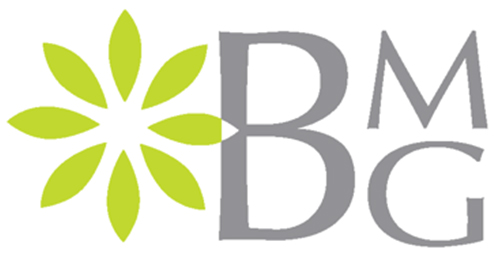ith detailed research from the AEDC 2020 Economic forecast as well as the hum and buzz around Alaska’s economy, it is no surprise that we are amidst change on the horizon. We have changes in workforce demographics, demand of work, residential populations, and state budgeting. Unfortunately, as humans we seem to resist change. Change is just diffi cult to come to terms with. Typically, individuals and organizations alike try to prepare for and address exactly what is changing and how it is changing, and we work to make sure there are systems and processes in place that minimize the disruption.
Why then do more than 70 percent of corporate change initiatives fail (Gallup 2013)? Because we feel a sense of loss of control, fear, and risk. What if we empowered ourselves and our teams to create and maintain appropriate change? This reframing allows for more proactivity, resilience, and an increase in internal locus of control (that innate feeling of: I have some control over the outcome). Behavioral Economic study lends us insight into how our mindset affects our decision-making. Gallup suggests that 70 percent of decision-making is based on emotion and that just around 30 percent is based on rational thought (Gallup 2019). Therefore, we know that under risk and uncertainty individuals rely on emotional and heuristic thoughts (shortcuts that your brain uses to make decisions).
Prioritize the structural aspects of change.
A manager’s role is to inform employees about change.
Prioritize the behavioral and cultural aspects of change. A manager’s role is to coach and empower people to create change.
Gallup
Creating a culture of resilience and better decision-making takes time and practice as it involves deliberate changes in behavior. If you personally or professionally are experiencing change, identify where your strengths are and provide opportunities to invest in your strengths to change your mindset. Getting comfortable with the uncomfortable is necessary for improved decision-making as well as achieving key performance outcomes through an intentional strengths-based approach.
Katie Lauwers is a consultant at Bradison Management Group and is a Gallup-Certfied Strengths Based Coach with a Masters in Behavioral Economics.
Katie can be reached at
katie@bmgak.com
or (907) 865-8800


